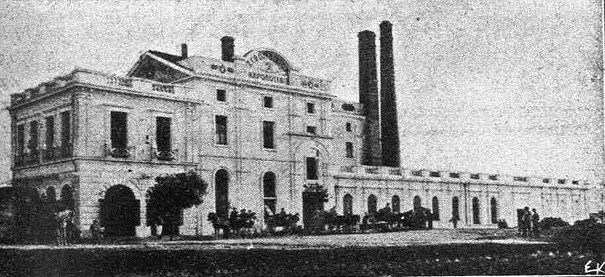Introduction to the Greek Economy

Course ID:
Semester: 3rd
Year of Study:
Category: Economics Elective
For Erasmus Students: Όχι
Learning Outcomes
After successful completion of the course, students are expected to:
- Have knowledge of the peculiarities of the Greek economy compared to the corresponding European ones
- Are familiar with the course of macroeconomic aggregates and the overall evolution of the Greek economy over the period 1992-2015
- Have the opportunity to evaluate the “growth” model of the Greek economy that has led to the financial crisis
Course Contents
Key Macroeconomic variables of the Greek Economy. Methods of measurement and time course.
The evolution of the Greek economy – From the rapid industrialization of 1953-1973 in the stagnation period 1973-1992 – Critical 15 years 1993-2008: From the Convergence Program 1994-2000 to the Eurozone – The international crisis as a catalyst for national developments – Chronicle of the Greek economy 2010-2016 – Assessing the impact of the crisis on the key figures of the Greek economy – Interpretations of the Greek crisis.
Teaching Activities
Lectures (3 hours per week)
Teaching Organization
|
Activity |
Semester workload |
| Lectures |
(3Χ13) 39 hours |
| Reading |
111 hours |
| Total number of hours for the Course (25 hours of work-load per ECTS credit) |
150 hours (total student work-load) |
Assessment
End of semester final written exam
Use of ICT
Use of IT in teaching, and in communication with the students (e-class).


